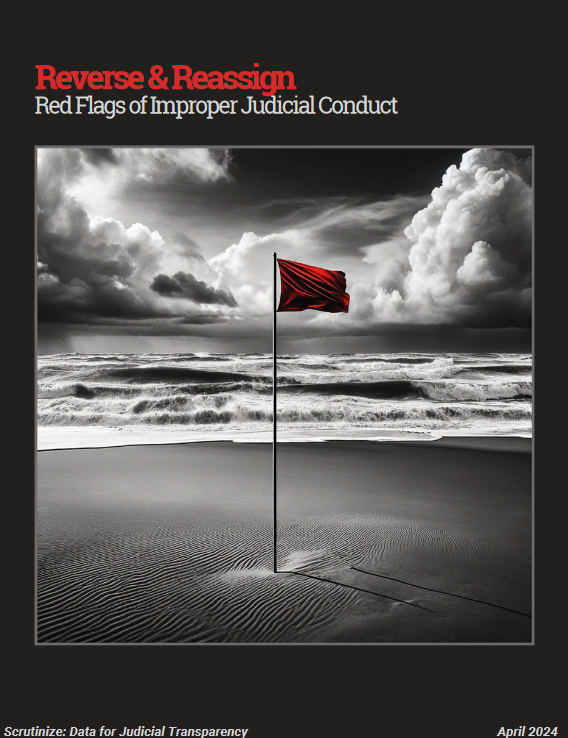
Reverse & Reassign: Red Flags of Improper Judicial Conduct
New York’s intermediate appellate courts rarely overturn criminal cases, whether by reversing or remitting them.1 In extraordinarily rare circumstances, these courts may not only overturn a case but also reassign it to a different lower court judge than the one who presided over the initial proceedings. Such reassignments, which we refer to as Reassignments to a Different Judge (RDJs), serve as a red flag, suggesting the possibility of judicial impropriety that goes beyond getting the law wrong.
In People v. Suazo,2 a unanimous panel of four appellate judges determined that Judge Kenneth C. Holder had “improvidently exercised his discretion” to preside over the suppression hearing, the hearing that determines whether the police obtained evidence in accordance with, or in violation of, a defendant’s constitutional rights.
Judge Holder’s assessment of the credibility of one witness, a detective, was “critical” to the outcome of the hearing. The detective was also the spouse of Judge Holder’s law clerk—the person whose “duties and responsibilities are most intimately connected with the judge’s own exercise of the judicial function,” in the words of the appellate court. Judge Holder decided to keep the case and rule on the credibility of his own clerk’s spouse.












